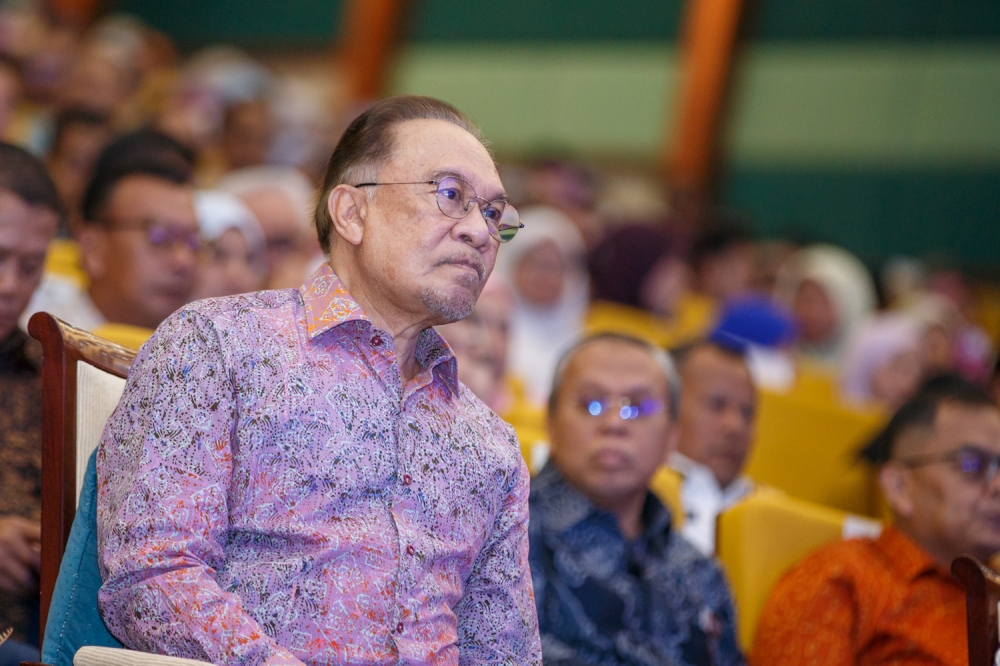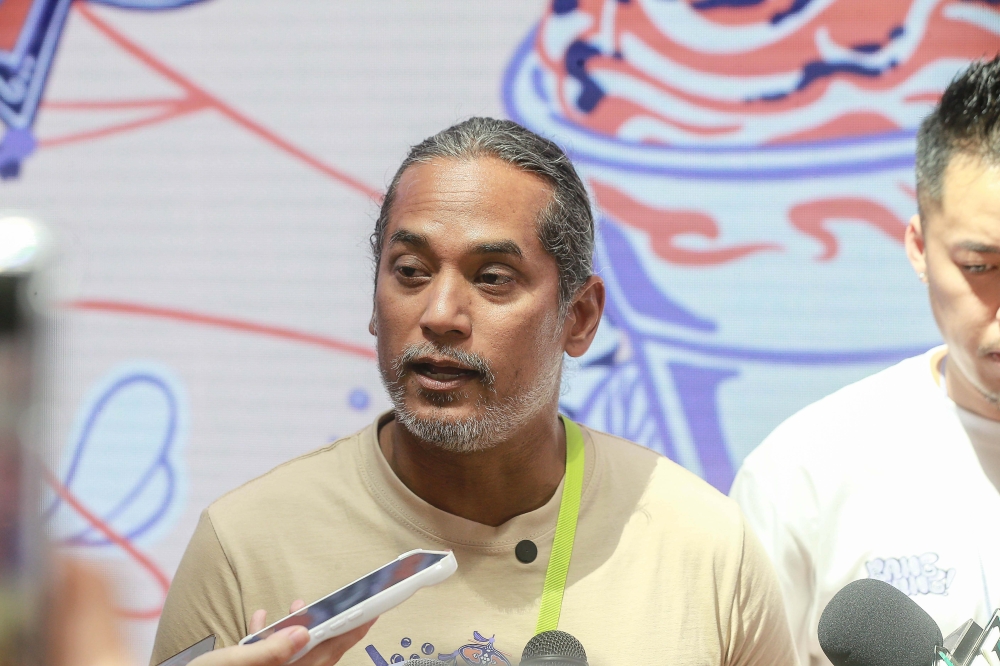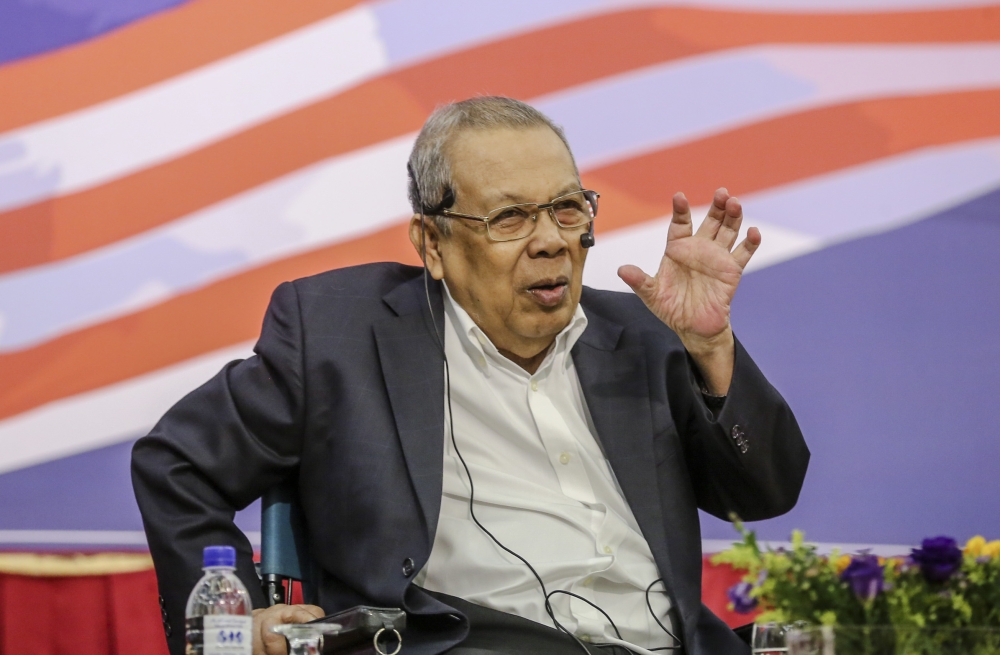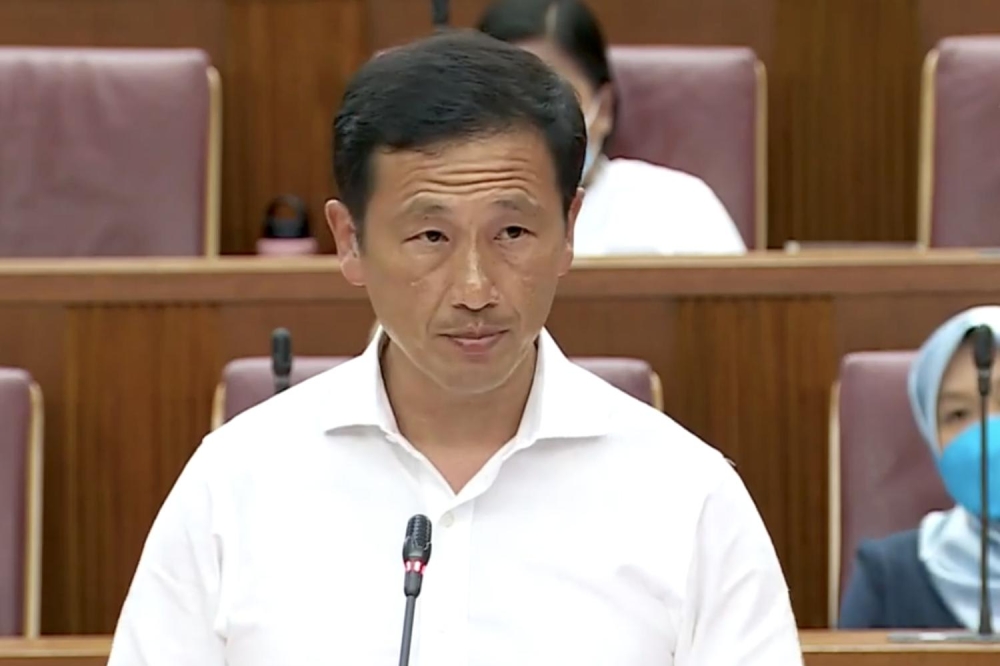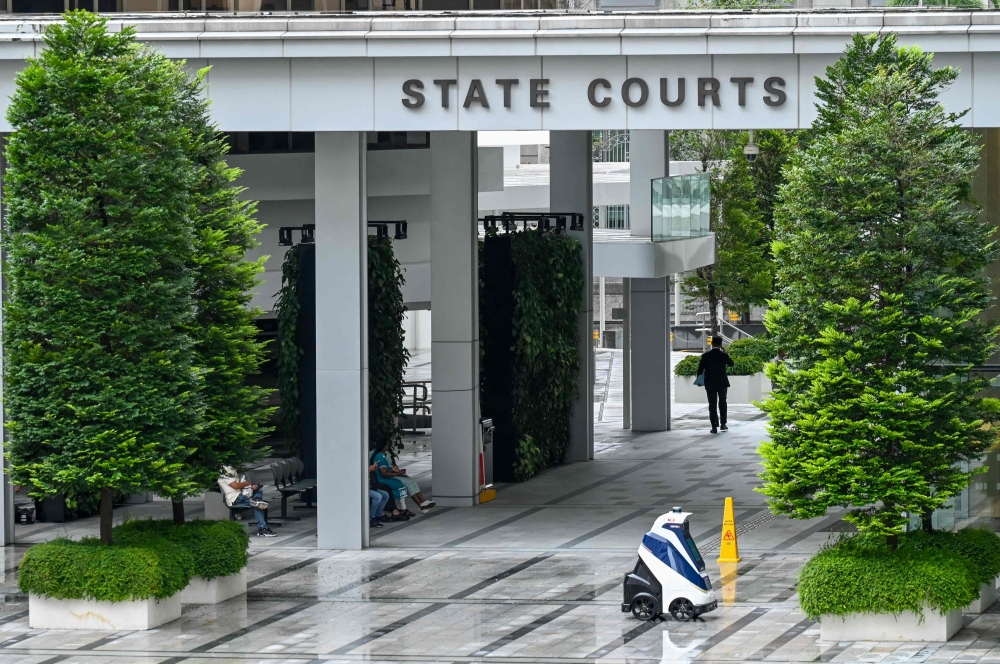SINGAPORE, April 21 — The strong foundation Singapore has laid for an ageing society means that the nation is now in a position to cushion the impact of a greying population and perhaps “even reap the dividends” from it, Health Minister Ong Ye Kung said.
The country first thought about issues related to the ageing population 40 years ago and has been actively addressing these issues ever since, he said yesterday (April 20) in Parliament.
And if the country continues pressing on with this journey, it will be able to remain a “superb” country, even though it will also be considered a “super-aged” one, he added.
A super-aged society is defined as having 21 per cent of the population aged 65 and above.
Singapore is expected to reach that threshold in 2026, Mr Ong said as he laid out plans for how the country can further prepare for the challenges of an ageing society.
He was speaking on the fourth day of a debate on President Halimah Yacob’s address, which was delivered when Parliament reopened last week.
In his speech, Mr Ong said that it had been the “good governance” of the ruling People’s Action Party that led Singapore to prepare for the challenges of an ageing population.
Other nations facing crises over pensions
The many years of preparations in anticipation of Singapore’s ageing society has also helped it to avoid the crisis facing many nations worldwide, Mr Ong said.
Some Western countries face significant national debts as they try to pay pensions to their ageing populations.
He noted that France has seen “massive public protests” over government plans to raise the retirement age from 62 to 64, as the country faces a huge annual deficit on the cost of paying pensions to its growing number of retirees.
“We consciously avoided those problems and have built up a national nest egg in our reserves. We are drawing income from it and want our future generations to continue to benefit from it,” he said.
Retirement adequacy, ageing economy
Mr Ong noted that there are segments in society who do not save enough in their accounts for the Central Provident Fund (CPF), the national savings scheme for retirement.
The Ministry of Manpower will be looking at ways and means to improve retirement adequacy, Mr Ong said without giving more details.
Beyond that, Singapore will need to adapt its economy, as an ageing population will have a prominent impact on the labour force.
To illustrate, the growth rate of Singapore’s resident labour force has already slowed.
Between 2002 and 2012, it grew by 30 per cent, but in the next decade, it grew by just 15 per cent.
That said, the country still managed to continue to grow the workforce, despite the onset of societal ageing in the past two decades, he added.
This has happened for a few reasons, including allowing Singaporeans to stay economically active for longer by raising the retirement and reemployment ages, from 60 and 65 previously, to 63 and 68 today.
By 2030, the retirement and reemployment ages will be raised to 65 and 70 respectively.
Mr Ong said that raising the retirement and re-employment ages does not affect the retirement savings that people have built up in their CPF accounts.
“The main impact of raising these ages is that workers are protected from being dismissed due to their age by their employers.
“Workers can choose to retire early if they want to. Hence, raising this retirement age is an unmitigated good to workers.”
However, employers must certainly do their part through job redesign and reskilling, and “learn to benefit from tapping the silver workforce”.
Aside from supporting seniors in the workplace, there must be support for women to re-enter the workforce, he added.
Some initiatives that aim to do so would include the Tripartite Guidelines on Flexible Work Arrangements, which will be introduced by 2024.
Reforming the healthcare system
Mr Ong also spoke about reforming Singapore’s healthcare system.
“So long as the population is young, the system can cope. But as life expectancy (rises), so (does) the disease burden. The old design starts to break down.”
Therefore, beyond the Healthier SG initiative, the next major area of priority for his ministry is to build up community care, to “get us all to do what is right for our health” and to support ageing in communities.
“With community support, there are great opportunities for seniors to age healthily... This is the next area where big changes need to take place.” — TODAY








